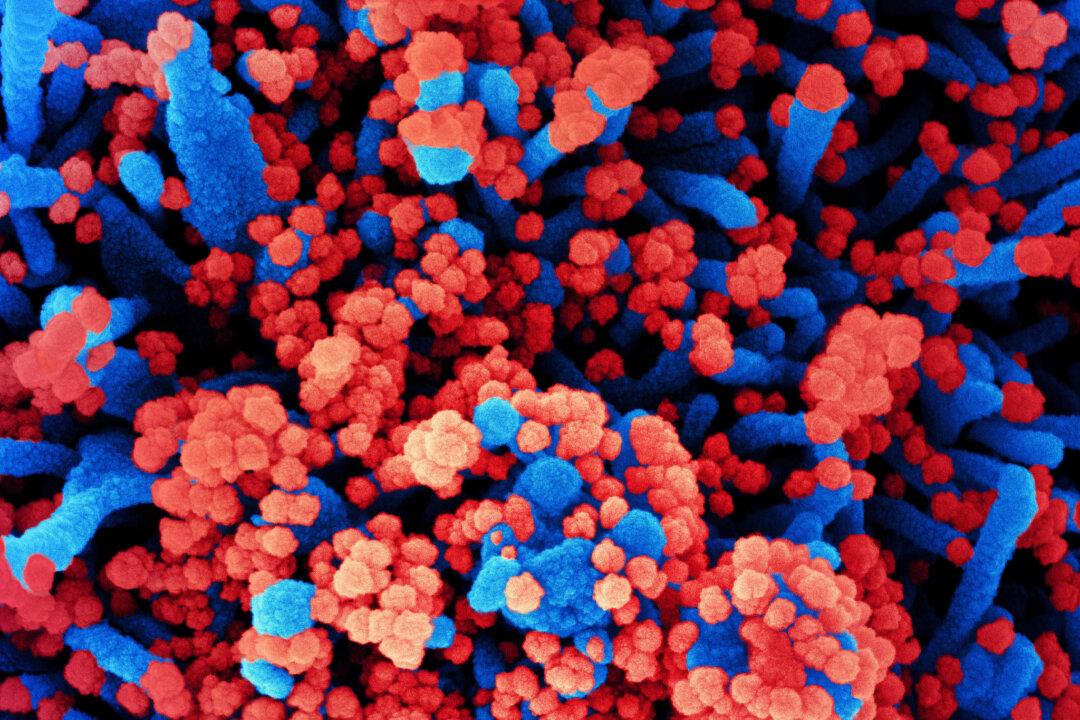The World Health Organization (WHO) said Friday that regions with community spread of Omicron were seeing cases doubling at a rate of once every 1.5 to 3 days, a higher pace than previous variants.
In a technical brief issued on Dec. 17, the health agency said that Omicron has been detected in 89 countries so far, with “consistent evidence” that it has a substantial growth advantage over the Delta variant and warning that the rapid spread of the new mutation threatens to overwhelm many healthcare systems “quickly.”





